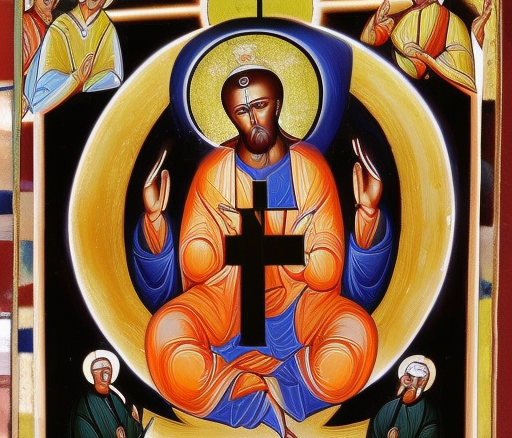Detachment is an age-old practice that has been emphasized in various spiritual traditions. The Philokalia, a collection of texts by spiritual masters of the Eastern Orthodox Christian tradition, also stresses the importance of detachment in the spiritual journey. According to the Philokalia, detachment means letting go of our attachment to worldly things that distract us from our connection with God. By cultivating detachment, we can free ourselves from the constraints of desire and live more authentically. In this blog post, we will explore the transformative power of detachment as elucidated in the Philokalia.
The Philokalia describes detachment as “the soul’s escape from captivity in the body and in the world” (St. Maximos the Confessor). This means that by detaching ourselves from the material world, we can connect more deeply with our spiritual selves and with God. According to St. Hesychios the Priest, “Detachment is to think lightly of everything without circumspection about anything.” In other words, detachment is not about avoiding things or people but about maintaining a detached mindset while dealing with them.
One of the key aspects of detachment is the practice of non-attachment. St. Mark the Ascetic describes non-attachment as “a state of soul in which a man is not a lover of possessions or of persons for any selfish reason, nor is he attached to the things of this world either by passion or by reason.” Non-attachment involves being content with what we have and not seeking happiness in external things. Instead, we find joy and peace within ourselves.
The Philokalia also emphasizes the importance of cultivating inner stillness and silence through detachment. St. Isaac, the Syrian, states, “Silence is the sacrament of the world to come.” Through detachment, we can quiet our minds and hearts and create a space for God to speak to us. St. John Climacus writes, “The one who can abandon himself to stillness and prayer can pass through the darkness and into the light.”
Detachment also involves letting go of our ego and desires. St. John of the Cross describes detachment as “the giving up of all that is not God.” This means that by releasing our attachment to our ego and desires, we can connect more deeply with God and live more authentically. St. Paisios, the Athonite, writes, “He who has made himself free through detachment and love of the Lord possesses all things in a general way and nothing in a particular way.”
As we have seen, detachment is a central theme in the Philokalia and an essential aspect of the spiritual journey. By letting go of our attachment to worldly things, we can connect more deeply with God and our true selves. Detachment involves cultivating a mindset of non-attachment, finding inner stillness and silence, and letting go of our ego and desires. Through detachment, we can live more authentically and experience the transformative power of the spiritual life.





